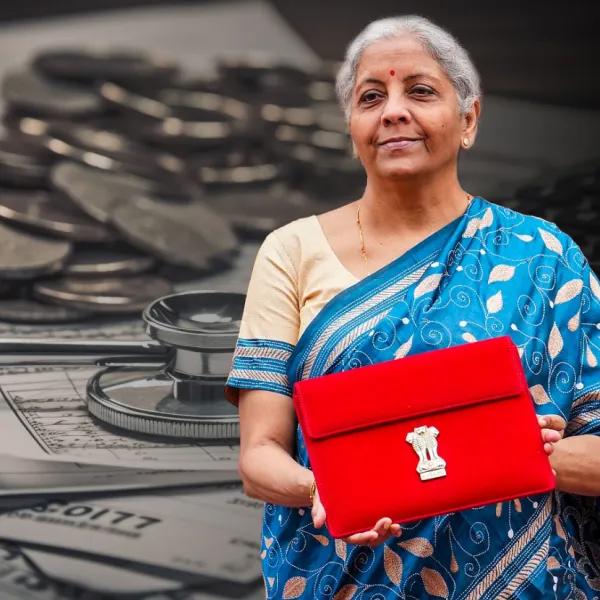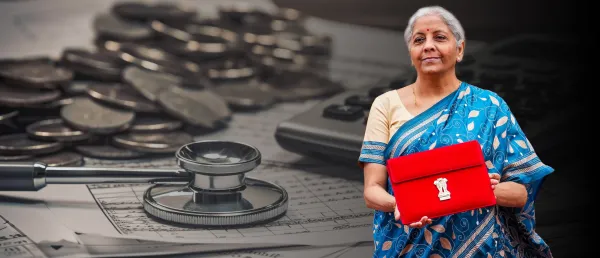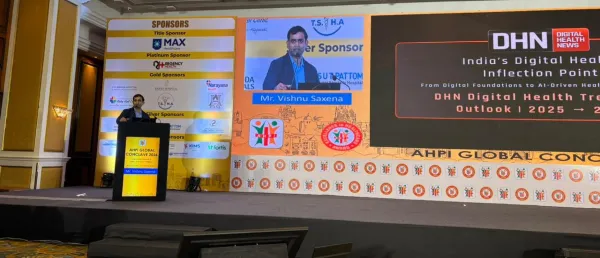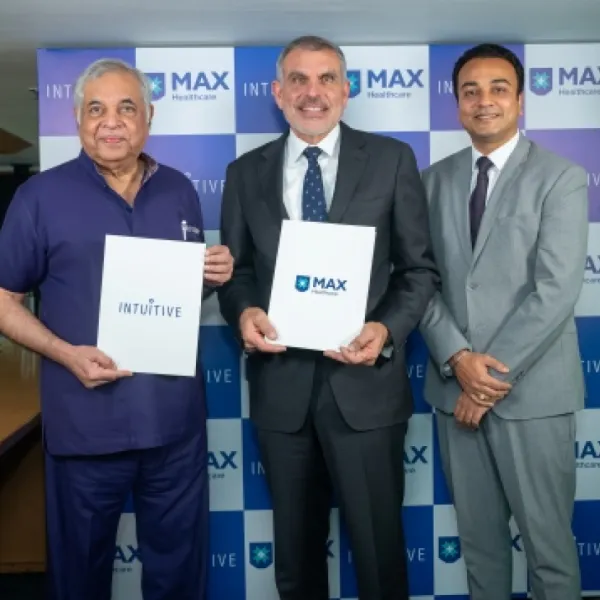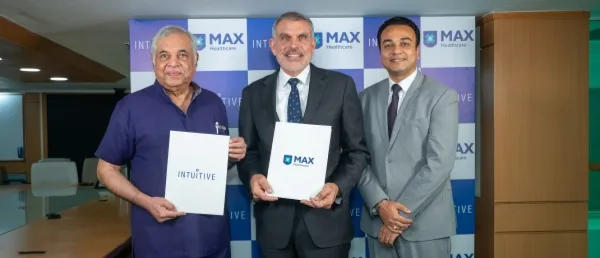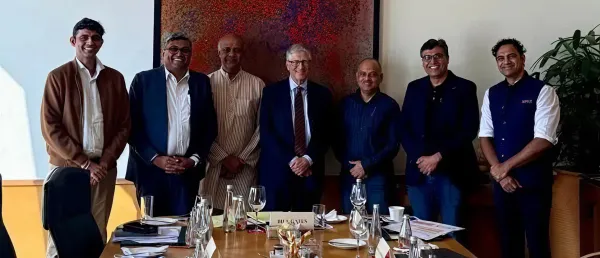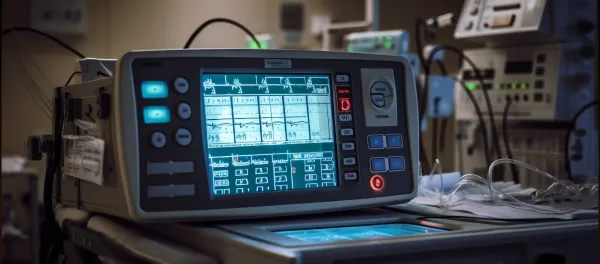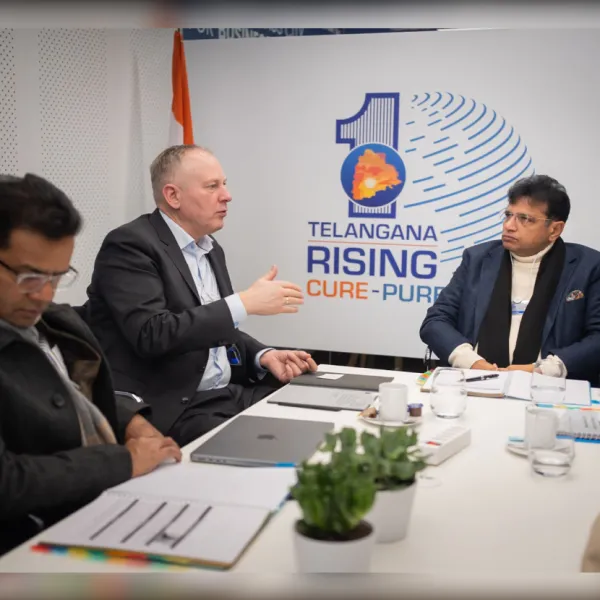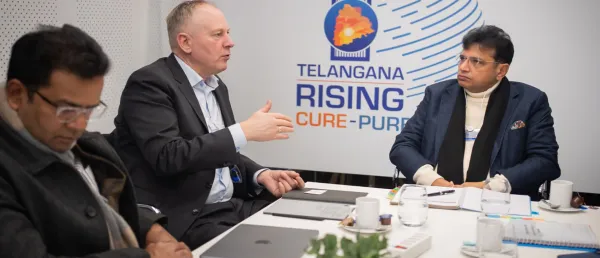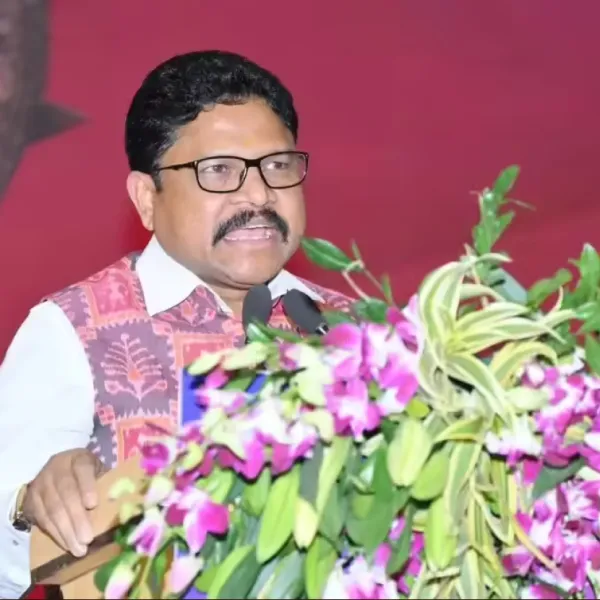Supreme Court Asks to Standardize Hospital Charges Across India Within 6 Weeks

According to the Supreme Court, the Union of India, cornered by the PIL, cannot evade responsibility. Failure to comply may invite further judicial intervention.
In a decisive move, the Supreme Court of India has wielded its gavel, demanding that the central government swiftly establish uniform hospital charges across the nation.
The Apex court has directed the central government to expeditiously fix the uniform hospital treatment charges within the next six weeks.
This move came to light after the Veterans Forum for Transparency in Public Life, an NGO, filed the public interest litigation (PIL) to streamline medical costs, simplify insurance processes, and ensure equitable healthcare access for all.
A Fee Quagmire
Hospitals in India have long operated as independent fiefdoms, each setting its own tariff for treatments. However, the discrepancy in charges among different hospitals has impeded the smooth implementation of cashless health insurance policies.
Patients, confronted with disparate bills, often encounter confusion and struggle to utilize their health insurance coverage effectively. Further, the absence of standardized rates complicates the process of navigating health insurance claims and payments.
In response to these challenges, the PIL aims to align hospital fees with the Clinical Establishment Rules of 2012.
The petitioner sought clarity on these charges and urged the central government to establish a regulated fee structure for in-patient services, in accordance with Rule 9 of the Clinical Establishment Rules.
Under the Rules, all hospitals and clinical establishments, to keep intact their registration, must "display rates charged for each type of service provided and facilities available for the benefit of patients at a conspicuous place in the vernacular as well as in the English language, and charge rates for each type of procedures and services within a range of rates determined and issued by Centre from time to time, in consultation with state governments."
The petitioner told the SC bench that the Centre acted promptly in notifying standardized rates for the treatment of patients during the COVID-19 pandemic and that if states did not cooperate in framing a range of rates for the treatment of ailments, it (the Centre) could use powers under central laws to unilaterally notify fees to be charged for different procedures.
Recognizing the complexities faced by patients in the current landscape, the recent order from the Supreme Court seeks to simplify matters by instituting uniform charges.
Voices from the Bench
Deliberating on the matter, the Supreme Court directed the central government to address this issue. The court emphasized that the Union of India cannot avoid responsibility by merely communicating with state governments and not receiving responses.
“If the Union government fails to find a solution to this problem, then on the next date of hearing we will consider petitioner's plea for implementing Central Government Health Services prescribed standardized rates for treatment of patients across India,” noted the two judges bench.
The SC bench comprising of Justice G. R Gavai and Justice Sandeep Mehta also asked the Union Health Secretary to call a meeting of his state counterparts to ensure notification of a standard rate within a month.
"If Union govt fails to find a solution, then we will consider petitioner's plea for implementing CGHS- prescribed standardized rates," SC noted.
According to the Apex Court, the Union of India, cornered by the PIL, cannot evade responsibility. Failure to comply may invite further judicial intervention.
“Use central laws if states don't fix uniform hospital charges” the apex court added.
Reponses Across the Sector
Tapan Singhel, chairman, the General Insurance Council, said, “We have always maintained that we need to charge an appropriate cost for customers, whether it’s at the time of taking out a policy or bearing certain expenses at the time of a claim. It is very encouraging to see the Apex Court urging the Centre to take a decision on standard hospital rates. We feel that this, along with ‘Cashless Everywhere’ will eventually benefit our citizens, for whom it’s a fundamental right to receive good healthcare.”
However, the Indian Medical Association (IMA) and the Hospital Board of India have cautioned hospitals against accepting the Cashless Everywhere’ initiative, recently unveiled by the General Insurance Council in its current format, highlighting the potential risks involved.
There are over 40,000 registered hospitals in the country, which can now offer cashless facilities to all the health insurance policyholders, numbering over 30 Cr, in the new system.
What Can We Expect?
As the countdown begins, stakeholders brace for change. Will the central government rise to the occasion, or will the PIL’s echoes reverberate louder? One thing is certain—the nation’s health hinges on this judicial prescription.
If the central government fails to propose a concrete solution within the specified timeframe, the Apex Court may issue further directions.
Recently unveiled the ‘Cashless Everywhere’ scheme offers policyholders access to treatments from any hospital in the country and not just from its own insurer’s impanelled hospitals.
Reportedly, the general insurance industry is expecting a positive outcome on the hospital charges. As per estimates, the health portfolio of the industry contributes around INR 1 Lakh Cr of premium.
Standardized hospital charges would enhance transparency, simplify insurance processes, and benefit patients seeking medical care.
Stay tuned for more such updates on Digital Health News









